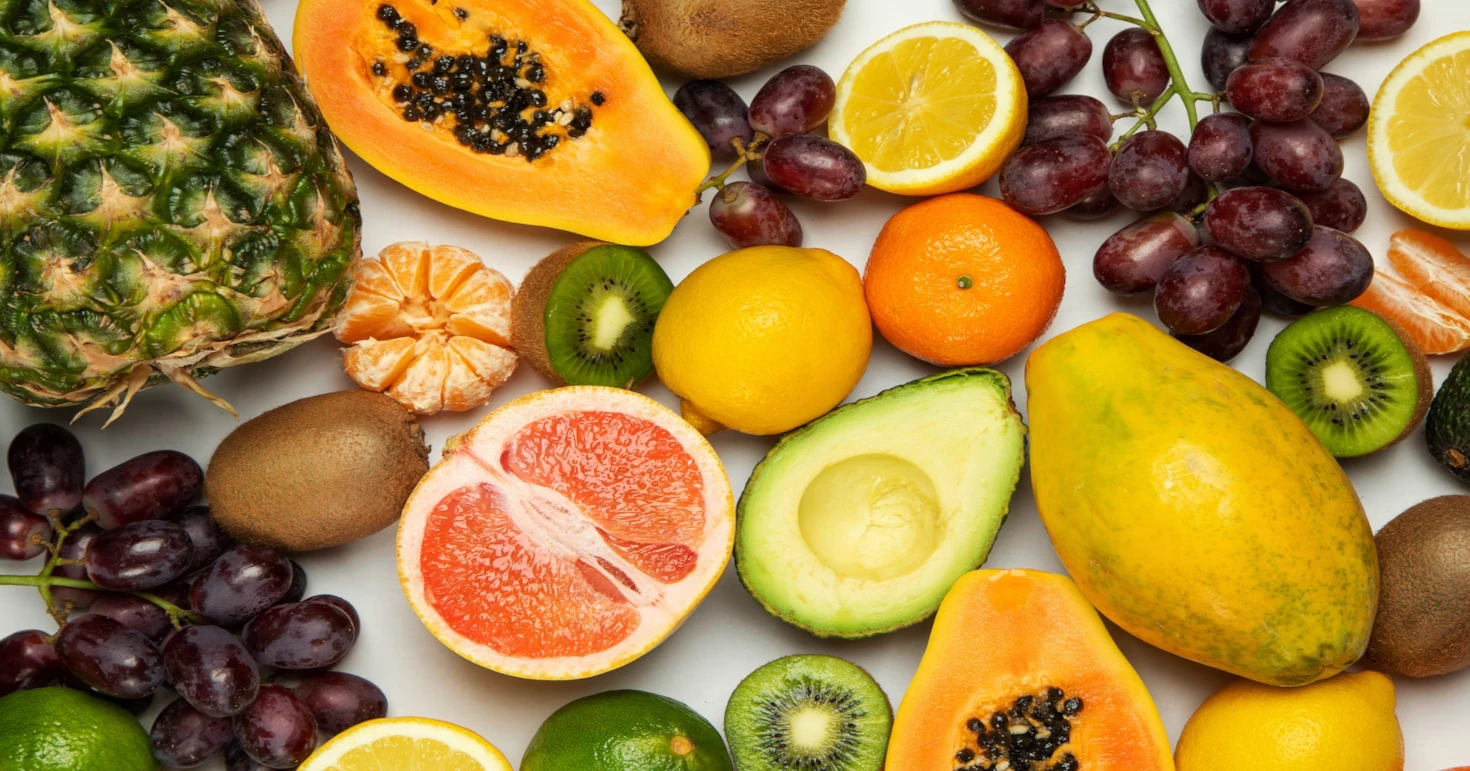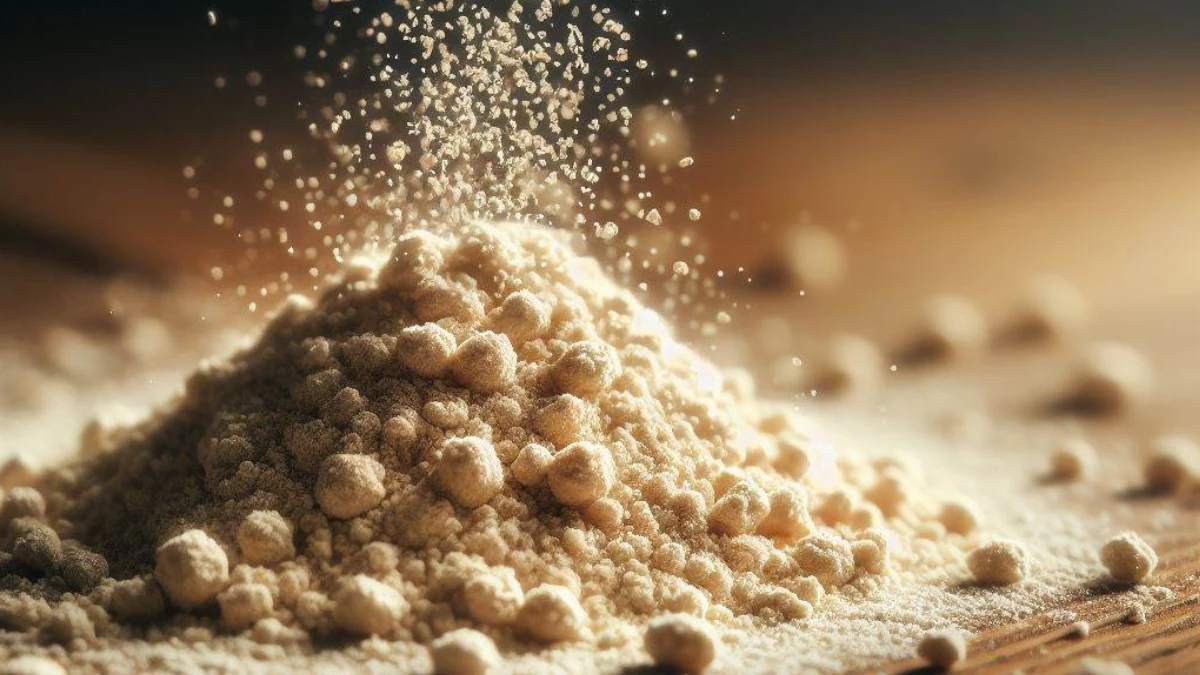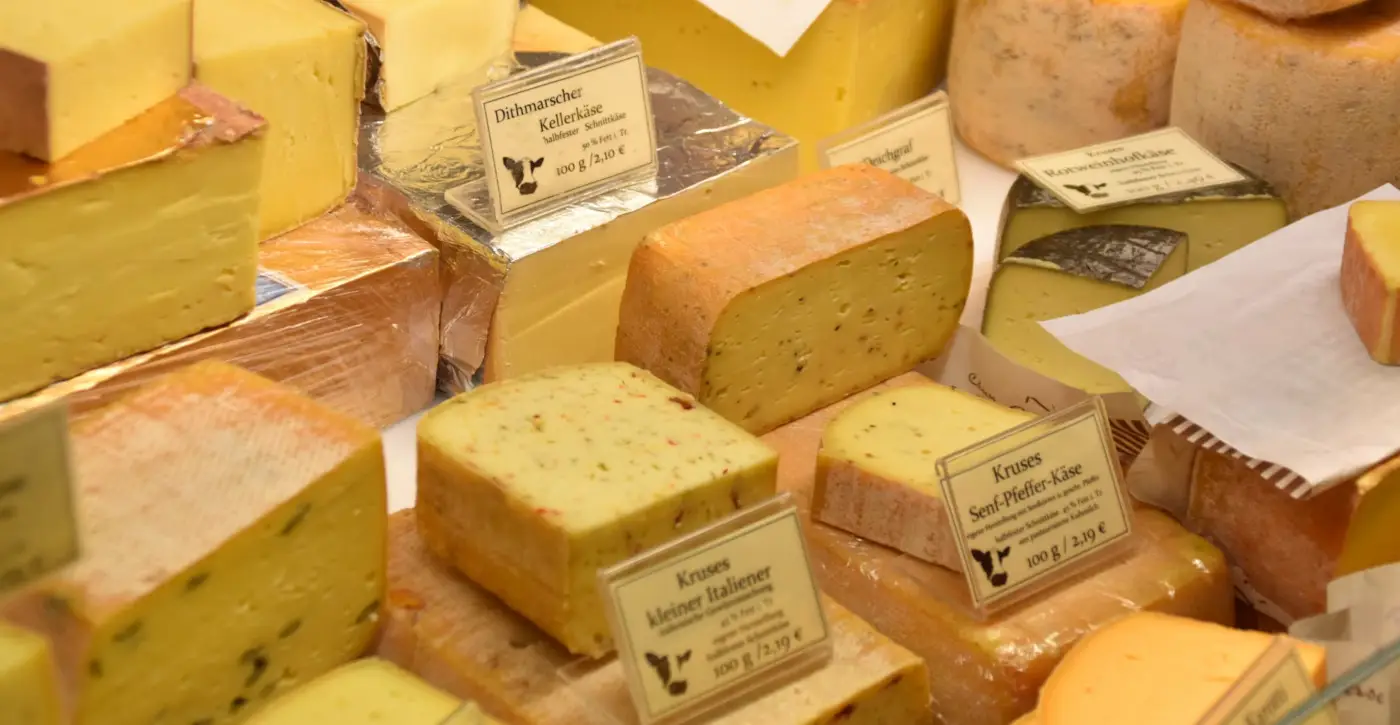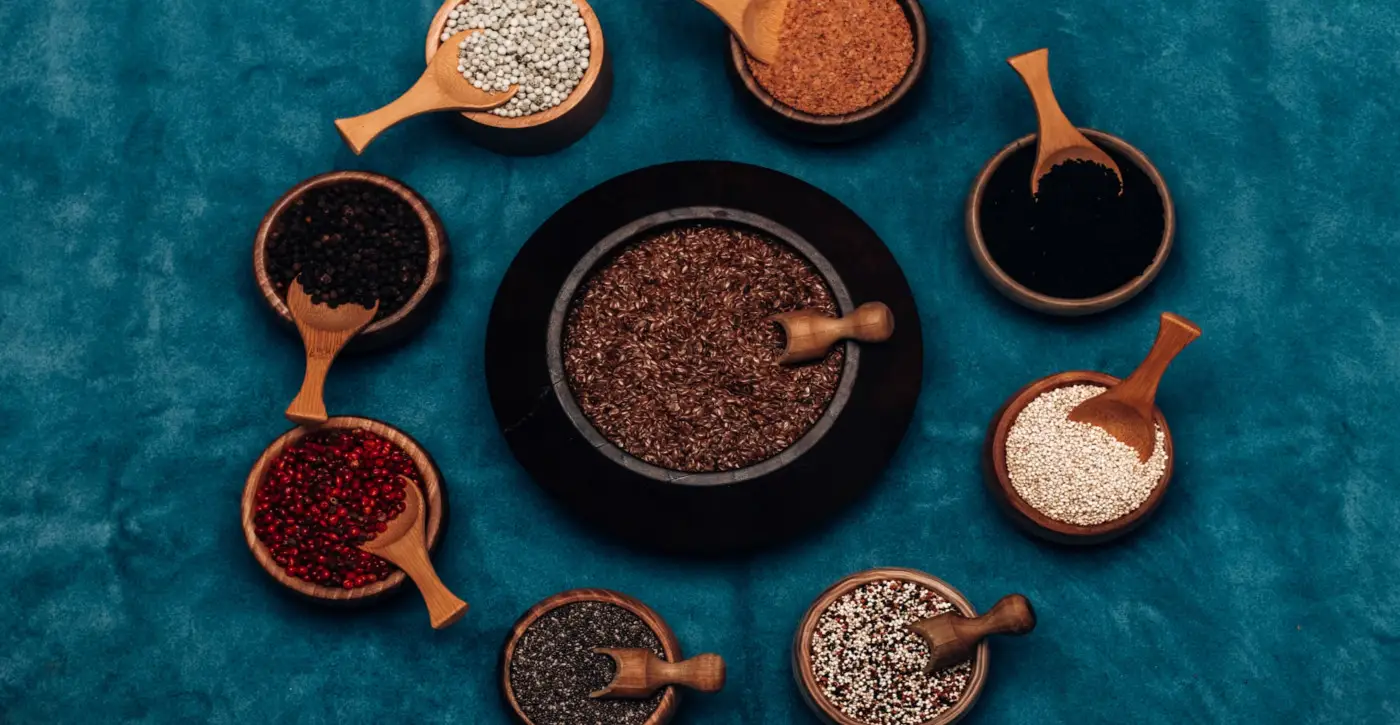Guava Lysine and Arginine Info Sheet
Overview
Guava is a tropical fruit that has a green or yellow skin and a pink or white flesh.It is usually eaten raw or made into juice, jam, or jelly.
Guava is low in calories, but high in vitamin C, fiber, potassium, and antioxidants.
It also contains some phytochemicals, such as quercetin, lycopene, and polyphenols.
| Name | Lysine (mg/100g) | Arginine (mg/100g) | Ratio |
|---|---|---|---|
| Guava | 18.75mg | 16.92mg | 1.108 |
Guava contains 18.75mg of Lysine and 16.92mg of Arginine per 100g of product.
This means Guava has a neutral Lysine-Arginine ratio of 1.108.
Because Guava has a neutral ratio of lysine and arginine, it does not have a significant impact on people who suffer from herpes, as it does not affect the viral activity.
Lysine Considerations
Guava is a low source of lysine, as it provides only about 4% of the RDI per 100 grams.
Lysine is an essential amino acid that is important for collagen synthesis, immune function, and calcium absorption.
It's one of the nine amino acids that the body can't produce, so it must be included in our diet.
Lysine has different roles in the body, such as aiding in growth, healing, energy production, immune function, and the production of collagen.
Research indicates that lysine may have an impact on the herpes virus, which is responsible for cold sores and genital sores.
Taking lysine supplements or using lysine cream could potentially prevent or treat these infections by inhibitnig the amino acid arginine, which the virus requires for growth.
Arginine Considerations
Guava is a low source of arginine, as it provides only about 1% of the RDI per 100 grams.
Arginine is a semi-essential amino acid that is involved in nitric oxide production, wound healing, and urea cycle.
Arginine has multiple functions in the body, including wound healing, helping the kidneys remove waste products from the body, and maintaining immune and hormone function.
Arginine also plays a role in the replication of the herpes virus, making it a key factor in cold sore outbreaks.
The herpes virus requires arginine to grow, replicate, and create new herpes viruses.
Foods a great source of arginine, such as nuts and chocolate, may increase the frequency and severity of these outbreaks.
Lysine-Arginine Ratio
Guava has a high lysine-arginine ratio, which means that it may be beneficial for people who have herpes simplex virus (HSV) infections.
HSV requires arginine for replication, and lysine may inhibit its growth.
Therefore, foods with a high lysine-arginine ratio may help prevent or reduce HSV outbreaks.
Both lysine and arginine are essential for protein synthesis and various other bodily functions.
They, however, have opposing effects on the herpes simplex virus, which causes cold sores and genital herpes.
Lysine can inhibit the replication of the virus, whereas arginine can stimulate it.
Thus, a diet rich in foods with a high lysine to arginine ratio may help reduce the occurrence and severity of herpes flare-ups.
Foods that have a high lysine-arginine ratio include dairy products products, fish, poultry, fruits, and vegetables.
These foods can provide the body with enough lysine to compete with arginine and inhibit the virus from replicating and causing flare ups.
Dietary Considerations
Fruits are generally high in natural sugars, water, and vitamin C.
Some fruits have more lysine than arginine, such as papaya, mango, apricot, apple, pear, fig, and avocado.
These fruits can help prevent or lessen herpes outbreaks, as lysine can counteract the effects of arginine.
Other fruits have more arginine than lysine, such as oranges, tangerines, grapes, bananas, strawberries, and kiwis.
These fruits can still be consumed in moderation, as they have other health benefits.
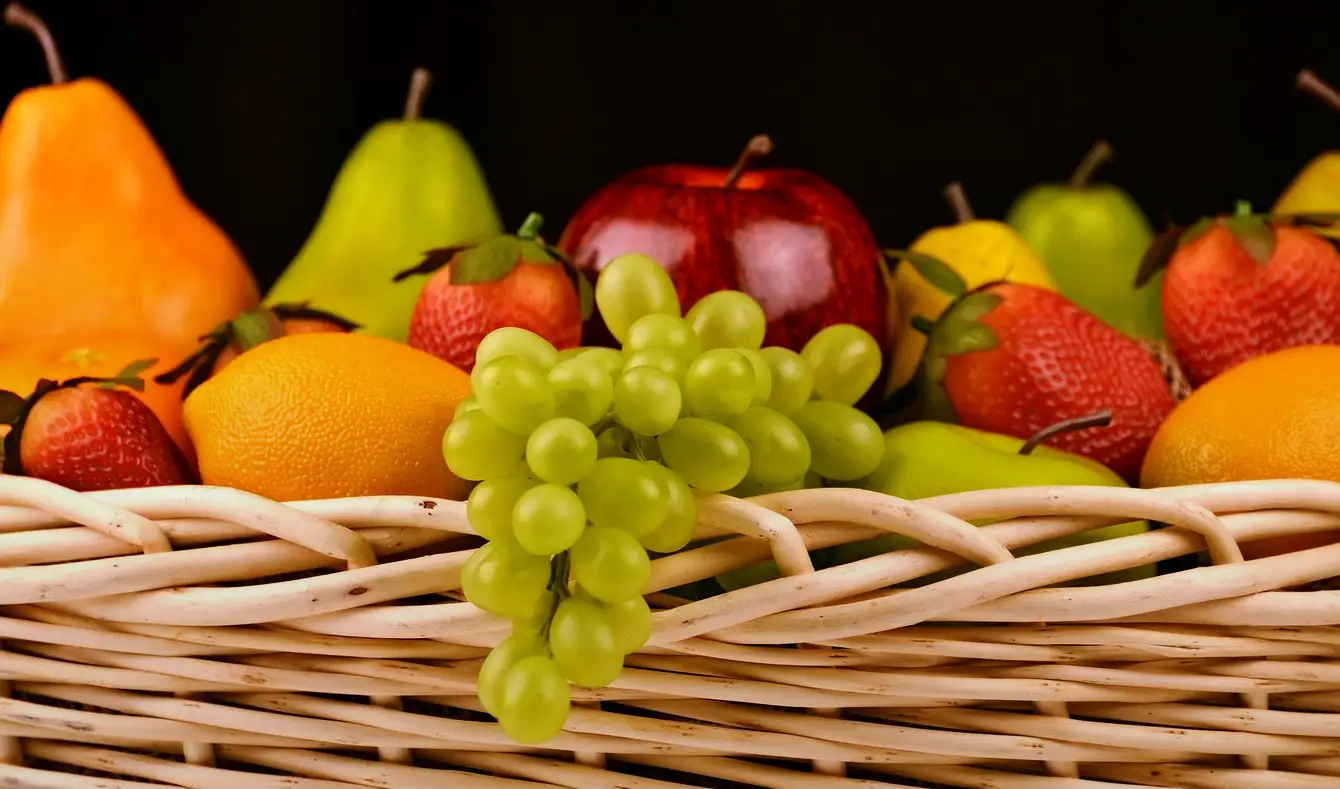
For example:
A well-balanced and healthy diet that strengthens your immune system and lowers inflammation is important.
This means you should eat a lot of fruits, vegetables, whole grains, lean protein, and good fats, and avoid processed foods, added sugars, alcohol, and caffeine.
Avoid alcoholic beverages and caffeine which can overstimulate your body, leave you dehydrated, and compromise your immune system.Consider taking l-lysine supplements, which can help prevent herpes outbreaks and stop a cold sore before it emerges by limiting the availability of arginine for the virus, which it requires to produce a cold sore.
Taking other food supplements that can improve your immunity and protect your cells from oxidative stress, such as vitamin C, zinc, selenium, and antioxidants.
Your immune system can be weakened and inflammation can be increased by foods that can cause allergic reactions or sensitivities, such as gluten, dairy, nuts, eggs, or shellfish.
Avoid these foods to avoid outbreaks.
Pain, swelling, and itching can be reduced by eating foods that have anti-inflammatory, antiviral, and antibacterial properties, such as honey, yogurt, aloe vera, and chamomile.
These foods can also help you heal faster by promoting tissue repair.
Check more food information

